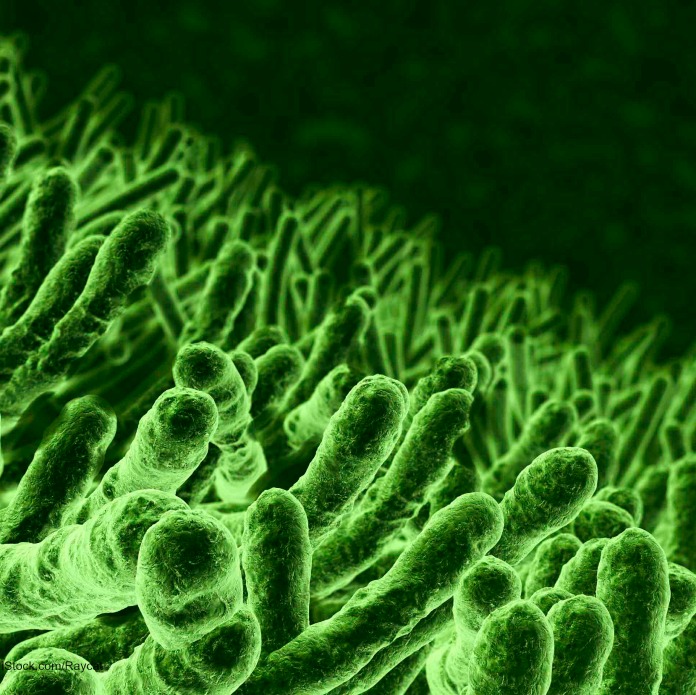The FDA is investigating a mysterious E. coli O157:H7 outbreak that has sickened at least 17 people in 7 states. This outbreak was first noticed in New Jersey in March 2018. Unfortunately, there is no facility or food that has been pinpointed in this outbreak, although investigators are conducting traceback investigations and conducting interviews to try to find the source of the bacteria.

The illnesses occurred from March 22, 2018 to March 31, 2018. The case count by state is: Connecticut (2), Idaho (4), Missouri, New Jersey (6), Ohio, Pennsylvania (2), and Washington. According to the CDC, six people have been hospitalized, and one person has developed hemolytic uremic syndrome (HUS), a type of kidney failure.
Anyone who is experiencing the symptoms of an E. coli O157:H7 infection should see a doctor. Symptoms usually include severe and painful abdominal cramps and diarrhea that is bloody or watery. A fever, if it is present, is usually mild.
Hemolytic uremic syndrome (HUS), can occur after an E. coli O157:H7 illness especially if the patent is under the age of five. Symptoms of that complication include little urine output, lethargy, pale skin, a skin rash, easy bruising, and bleeding from the nose or mouth. HUS can be deadly, so anyone who is suffering from these symptoms must be taken to a doctor immediately.
Theses investigations consist of several methods. Interviews will ask patients what they ate the week before they got sick, where they ate it, and the places they visited. Traceback will identify the supply and distribution chain of any suspected food. FDA and local investigators will collect, review, and analyze thousands of shipping documents and invoices. And inspections of restaurants and other venues can help track down the source.
Meanwhile, restaurants, grocery owners, and consumers should practice safe food handling techniques and prevention measures. All people should was their hands, utensils, and kitchen surfaces with hot, soapy water before and after handling food. Cook foods to safe final internal temperatures. And consumers should avoid potentially harmful foods, such as raw milk, unpasteurized juice, and undercooked ground meat.




